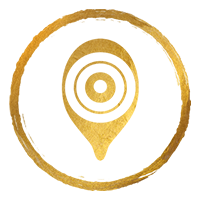Iboga
You may sense that the earth can offer greater healing than you’ve encountered before—for the mind, body, and spirit. Meet the sacred Iboga medicine, from the root of the world, Central West Africa, held by the Missoko Bwiti tradition over eons.
Iboga is an entheogenic (psychedelic) plant medicine sacrament held sacred by the indigenous people of Central West Africa. The medicine is found in an inner layer of root bark from the Tabernanthe Iboga plant as well a broader group of perennial shrubs belonging to the Apocynaceae family, found in the tropical forests of Gabon, Cameroon, and the Republic of Congo.
Like Ayahuasca, San Pedro (Huachuma), Peyote, and Psilocybin mushrooms, it is a sacred visionary plant medicine, yet Iboga is an utterly unique spirit. Iboga and its active alkaloid ibogaine have been proven to have powerful addiction breaking effects in clinical studies, observational research, and anecdotal reports.
Iboga ceremonies can be among the most challenging of all plant medicines, and yet they can be among the most healing and liberating. Every journey is unique. Difficult days may be followed by deep peace, clarity, and insightful contemplation. Though Iboga is most commonly known for its ability to help heal addiction, its deeper functions are spiritual discovery, deeper self study, visionary creativity, and soul-aligned strategy. This is a truth medicine, for people who want to know the truth about themselves, their relationships, and the nature of life itself.
Knowledge of Iboga was first held by the Babongo people, otherwise known by the colonial term “Pygmies.” As the 2nd oldest genetic line in the world, the Babongo people may have worked with Iboga for eons. The Babongo passed on the practice to sects of the Bwiti tradition.
The Babongo and Bwiti consider Iboga to be a sentient spirit and master teacher with whom to have a ceremonial, reverent, and reciprocal relationship; not a mere material substance to consume for personal gain alone. This approach to the Iboga sacrament can bear the most profound fruit.
Iboga is appropriately called the “Mt. Everest” of psychedelic medicines. Iboga can be a rigorous physical, mental, and spiritual journey—and yet there is always a profound and loving intelligence at play, even through challenging moments. Iboga may perhaps be the most psychologically complex and confrontational of all medicines, inviting us to examine and release limiting beliefs, coping mechanisms, trauma responses, or habits that no longer serve. Any part of us that is not completely rooted in truth can be burned away. We may find ourselves with a new worldview after meeting Iboga.
The Missoko Bwiti tradition has cultivated spiritual and psychological technologies that reach far beyond the functions of drug detox and addiction disruption functions that the medicine is so famous for. After many years of studying the tradition, we at SoulCentro are in awe of the intimacy the Bwiti have with the Iboga medicine and their knowledge which has been distilled over many generations. Their contribution to the Iboga experience is not to be underestimated.
Iboga and Bwiti alone do not heal people. Iboga and Bwiti give people the opportunity to heal themselves via cleansing, insight, guidance, and neuroloplasticity—but seekers must then implement the illuminated changes. It is a great rite of passage.
For best results, the medicine requires sincere preparation, full participation, skilled aftercare, and personal integration work.
Not everyone needs to experience Iboga, for it is an extremely powerful visionary medicine. This journey is not to be taken lightly, and should never be pursued for novelty.
Is iboga for you? Listen for the quiet call of the soul.
If you are called, approach this ancient medicine with respect and clear intentions. One needs to feel ready—in mind, body, and soul. A seeker must be willing to do their own due diligence, understand the risks and effects, and make a personal choice. Choosing the right provider is vital, for as one Bwiti teacher has said, “taking iboga without a qualified guide is like driving a car while blindfolded.”
Iboga is for people who value:

Challenge for the sake of genuine evolution

Expanded capacity for love




Unprecedented inner adventure

Truth over fantasy or comfort

Receiving support and guidance from experienced providers

Effort involved in making positive life changes

Humility in long-term integrative practices
BENEFITS OF THE MEDICINE
Addiction Recovery
A reach for addiction is fundamentally a reach for “medicine” in the sense of seeking relief, and people need better medicine. Eventually, the method of relief becomes toxic slavery. We must remember that addiction is essentially rooted
READ MORE>
TRAUMA HEALING
When enduring trauma, one may be unable to remain fully conscious and present during moments of extreme pain. Western psychology refers to this as disassociation, which the Bwiti understand as the soul essentially “ejecting”
READ MORE>
HOLISTIC WELLNESS
Do you have an inner knowing that there is another frontier of wellness to experience? We are here not only to survive but to thrive. Many people come to this medicine with questions related to holistic wellness. A traditional function of
READ MORE>
VISIONARY CREATIVITY
Visionary creativity is crucial at this time, more than ever in human history. Human culture must come into harmony and synergy with nature if we are to survive as a species. Likewise, we must come into harmony with our own inner
READ MORE>
Iboga vs. Ibogaine
Iboga
Ibogaine
As awareness and demand for iboga and ibogaine grow, we must proceed with care with regards to sustainability and the social impact of foreign use on the indigenous Bwiti people. For more information on iboga sustainability and related political issues, explore and support Blessings of the Forest. Read more about our sustainability and reciprocity projects here.
Information, Research, & Organizations
Global Ibogaine Therapy Alliance (GITA)
ibogaalliance.org
Multidisciplinary Association for Psychedelic Studies (MAPS)
maps.org
International Center for Ethnobotanical Educations, Research, & Service (ICEERS)
iceers.org
The Third Wave
thethirdwave.co
Psychedelic Science Conference Presentations
psychedelicscience.org
Articles in Psychedelic Times
Dr. Deborah Mash on Ibogaine Therapy for Drug Addiction
Dr. Deborah Mash on Ibogaine Aftercare for Treating the Roots of Addiction
Article in The Huffington Post
Why is the U.S. Disregarding Plants Like Iboga & Kratom in the Fight Against Addiction?
Article in Psychology Today
The Potential of Ibogaine in Treating Substance Abuse
Documentary film
IBOGAINE: Rite of Passage
Videos by ICEERS
Scientific Evidence for Ibogaine
Understanding Ibogaine-Related Fatalities
*There are always various risks associated with psychoactive medicines. Each person who decides to partake of entheogenic medicines assumes risk, must complete their own due diligence, and have radical accountability for their choice. This page is for informational and harm reduction purposes only and is not intended to be professional medical advice, diagnosis, or suggestion. SoulCentro disclaims any liability, loss, injury, or damage incurred as a consequence, directly or indirectly, of the use and application of any information presented here.

